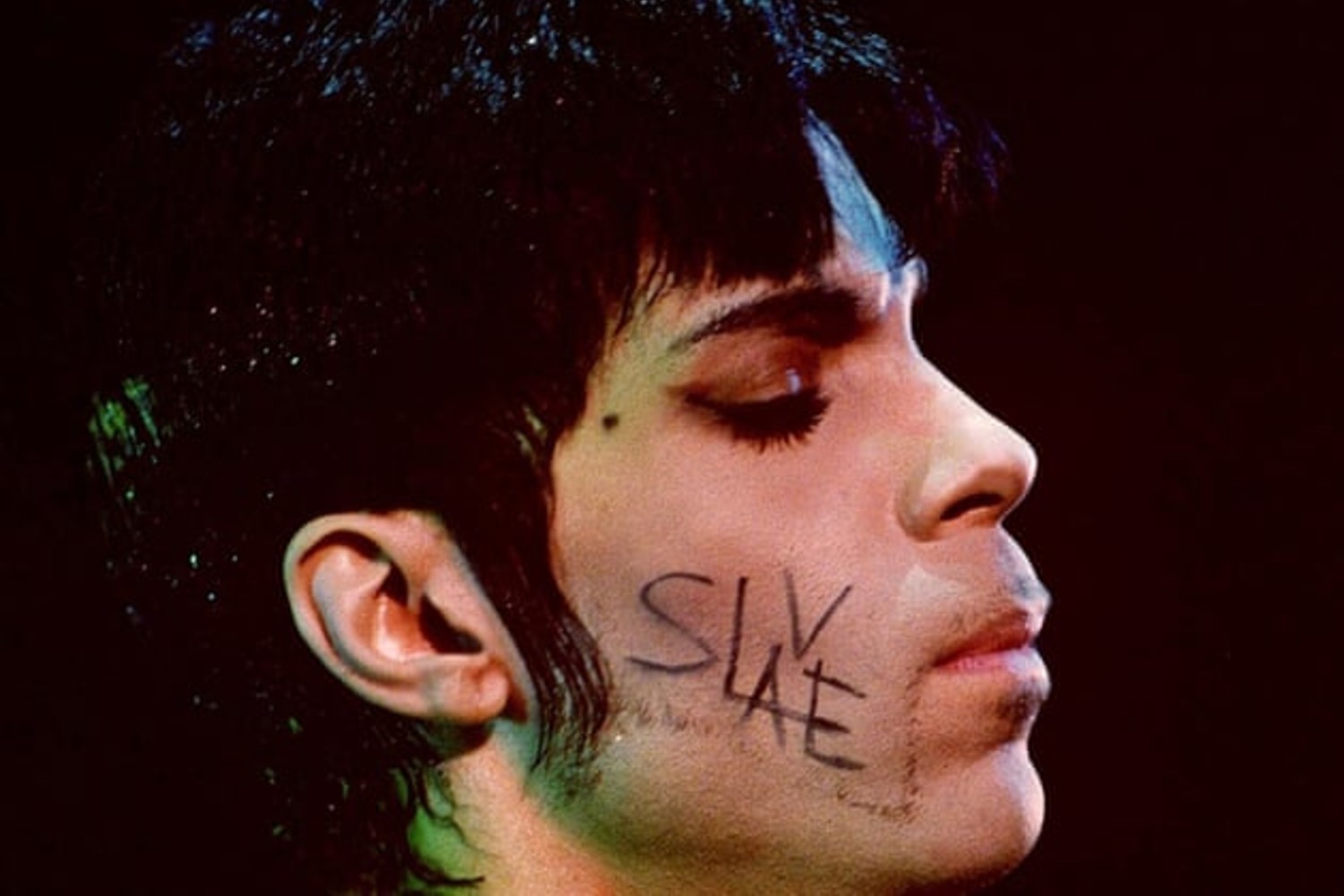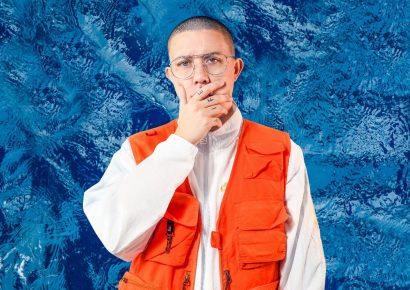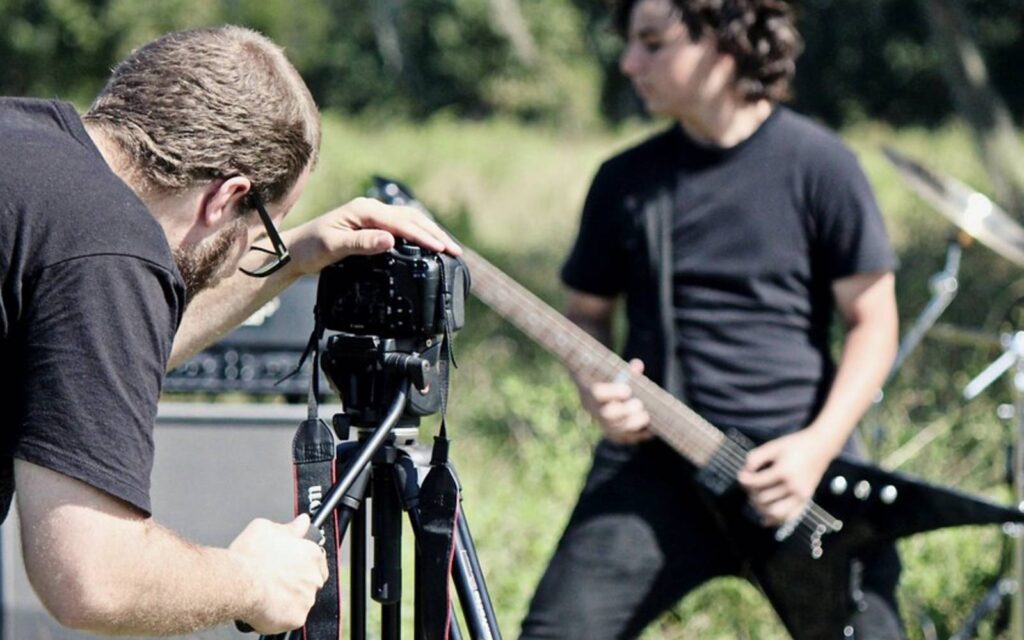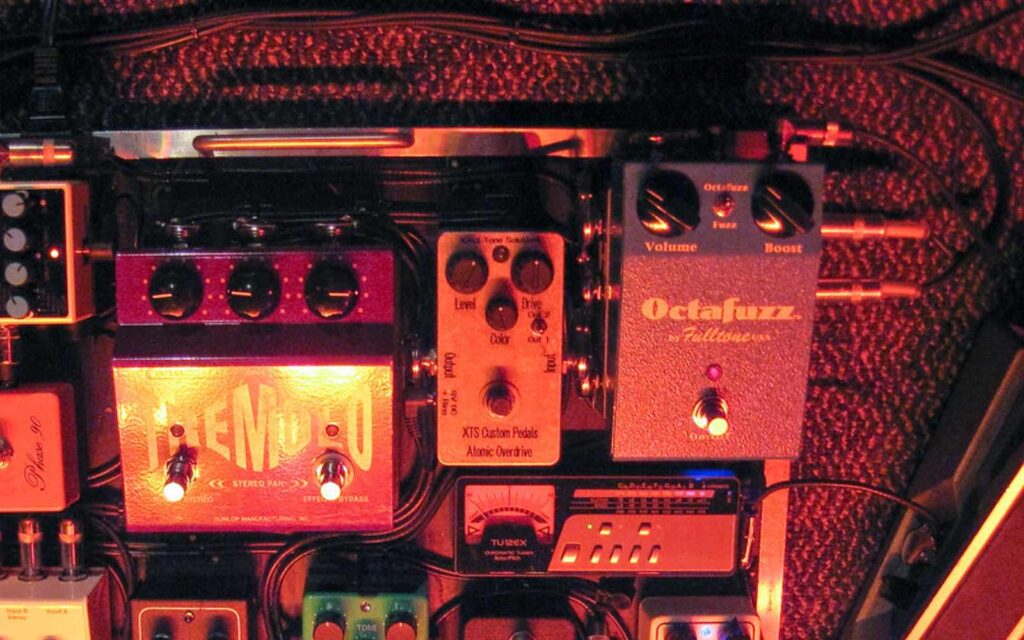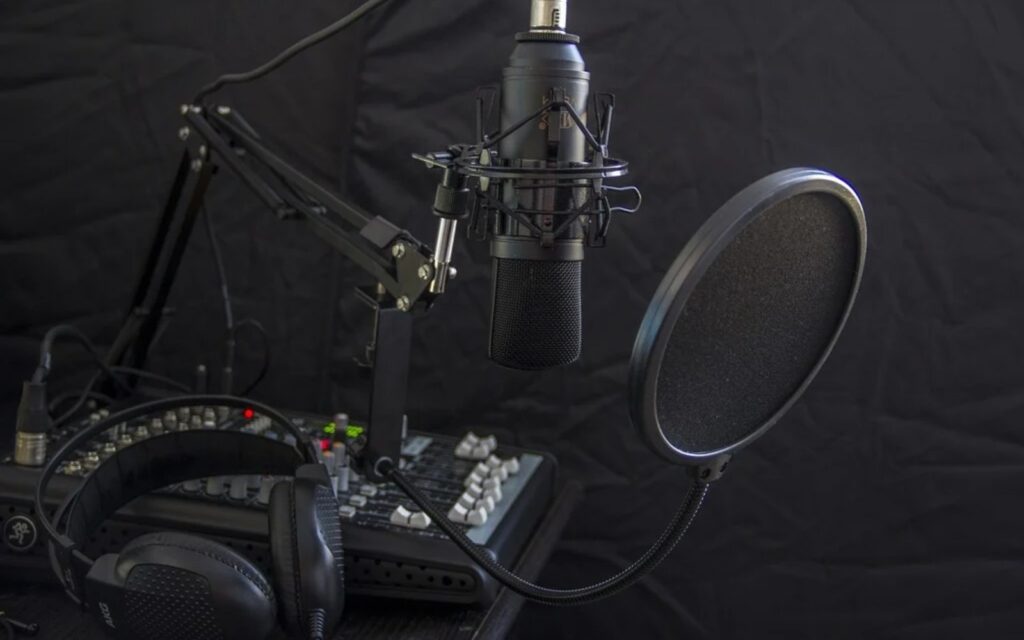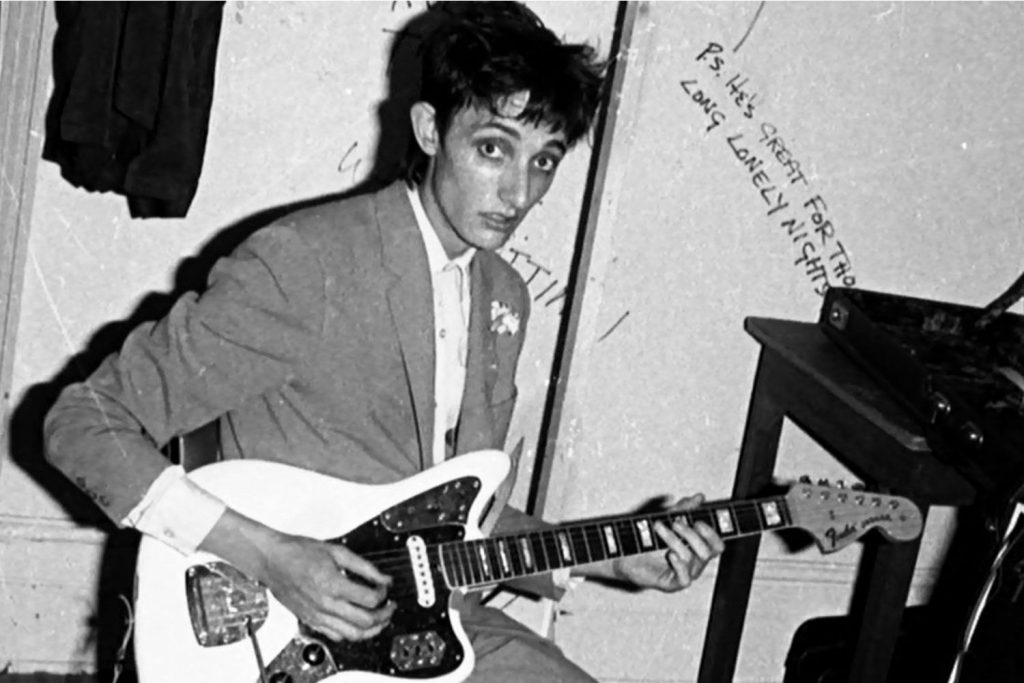Looking back on how The Purple One challenged the establishment time and time again.
Today marks five years since the death of Prince, an artist renowned for his sheer talent as a multi-instrumentalist and uncanny creative vision.
Not only was his music iconic with hits like ‘Purple Rain’, ‘1999’, ‘Raspberry Beret’ and ‘When Doves Cry’, but he was infamously regarded for his contentious relationship with the music industry. He wanted control over his music and would go to drastic ends to achieve this for himself, giving hope for other artists.
Read all the latest features, columns and interviews here.
Prince was 18 when he signed his first contract with Warner Bros Records. From there, his debut album released in 1978, which he produced and played every instrument on. Being so young, he did everything (bar engineering) on his own terms and with his sixth studio album, he got his first number one with Purple Rain.
Given the huge success he was having, Warner extended the contract, which Prince signed a six-album contract worth $100 million, at the time being the largest recording contract for a solo artist. But the extended contract allowed Warner to take ownership of his work and transfer all his music under Warner Brothers.
In 1993, almost ten years since Purple Rain, Prince set up his own label Paisley Park Records, partly funded by Warner who handled its distribution for future records, the first being the seventh album, Around the World in a Day.
Prince realised the deal with Warner wasn’t working out and he wanted out of the contract, but Warner Bros. wasn’t going to budge to let him free. This is still a common occurrence with artists today, however contract deals are stricter and don’t allow artists to be vocal with similar situations.
Prince went ahead and completed the six-album contract deal, by quickly producing albums to fulfil the numbers. “They are what they are, and I am what I am and eventually I realised that those two systems aren’t going to work together. The Deeper you get into that well, the darker it becomes”, he said.
He changed his name to an unpronounceable glyph which the public called him “symbol” and “Artist Formerly Known as Prince”, shortened to “Artist”, as a way to move away from Warner.
“The first step I have taken towards the ultimate goal of emancipating from the chains that bind me to Warner Bros. was to change my name” he said in a press release.
The name his mother gave him, but “Warner Bros. took the name, trademarked it, and used it as the main marketing tool to promote all the music that I wrote. The company owns the name Prince … I became merely a pawn used to produce more money for Warner Bros.”
Being aware his name was a brand and changing his name could affect sales, he knew when going on stage the name didn’t matter.
Showing artists now to be aware their name can become a brand if a label takes control and use the name/brand to promote and make merchandise.
Though becoming a brand isn’t entirely a bad thing for an artist seeking commercial success, it gives those artists a heads up of what could come if they don’t want to become a brand and feel as if their name no longer belongs to them.
Prince felt his name no longer belonged to him, it belonged to the label instead, and he’d do everything in his power to gain the rights back to something that was inherently his from birth.
Warner ended its distribution deal with Prince’s label Paisley Park Records which he launched another label ‘NPG Records’. His aim was to take control of his work which is why he started a new label. He had a new deal with EMI Records, allowing him to put out an album when he was ready, instead of the demands of other labels.
In 1996, he told The New York Times that “music doesn’t come on a schedule … The main idea is not supposed to be, ‘How many different ways can we sell it?’ That’s so far away from the true spirit of what music is.”
Around this time, Prince moved around between different major labels, releasing albums through NPG with other labels including Columbia, Universal Music Group, Arista and going back to Warner. Prince gives hope to artists they don’t need to be restricted to one label.
Prince accused Warner of treating him like a slave, so he went out in public with “slave” written on his face. He had done this in a video for ‘Dolphin’, a few live shows and for the 1995 BRIT Awards. Making a point to the public about how he felt he was a slave, saying the industry was slavery.
One particularly famous quote he told Rolling Stone in 1996 was that “If I can’t do what I want to do, what am I? When you stop a man from dreaming, he becomes a slave. That’s where I was. I don’t own Prince’s music. If you don’t own your masters, your master owns you.”
Prince tried to buy his masters back from Warner after signing the extended contract deal in 1992, but they wouldn’t allow him to, leading him to say he would re-record all his music to gain back his own work.
Giving the public two catalogues to pick from, saying his (the re-records) will be better, people could “either give your money to WB [Warner Bros.], the big company, or to NPG. You choose”, he said.
When streaming started, Prince blocked the use of his music going on YouTube and any major sites in 2007. Three years later after the release of ‘20Ten’ on CD for free with exclusive European newspapers and magazines, “The internet is completely over. I don’t see why I should give my new music to iTunes or anyone else. They won’t pay me an advance for it and then they get angry when they can’t get it … They just fill your head with numbers and that can’t be good for you” he said.
In 2015, he clarified his “the internet is completely over” comment, saying that the internet was over for those who want to get paid respectably.
“Tell me a musician who’s got rich off digital sales. Apple’s doing pretty good though, right?” He had his music on and off streaming servers, but Tidal remained the one to keep his music. Some of his newer releases were exclusive on different platforms on release day.
Prince wasn’t entirely wrong – in fact, he wasn’t wrong at all. Artists now struggle to get paid decently on streaming services, unable for them to rely on the platforms exclusively. None of them are getting rich off digital sales or streams. They rely on tours, physical purchases of albums and more to be stable as an artist.
Prince’s struggle with the industry through his years can teach the artists today to be careful of contract deals and major record labels. He once said, “record contracts are just like – I’m gonna say the word – slavery. I would tell any young artist … don’t sign.”
Even with major artists of the newer generation struggling with the music industry, the latest big battle with Taylor Swift and her previous record label, it’s still an ongoing issue within the industry today.
Find out more about Taylor Swift’s battle agains the music industry here.
